 Some things work better at a hot temperature. Candles, tumble dryers, and a quality vindaloo for example. As expats in Singapore, we signed up for year-round steamy weather as part of the package. However, recent months has seen the heat feeling a little hotter than average. The intense mercury has transformed Singapore into a fiery furnace, with few signs of abating.
Some things work better at a hot temperature. Candles, tumble dryers, and a quality vindaloo for example. As expats in Singapore, we signed up for year-round steamy weather as part of the package. However, recent months has seen the heat feeling a little hotter than average. The intense mercury has transformed Singapore into a fiery furnace, with few signs of abating.
Meteorologists confirmed that April and May were the hottest months of the year, and have predicted that due to the lasting impact of the El Niño phenomenon (which typically brings drier and hotter conditions to Southeast Asia), the searing conditions are not going to cool down anytime soon.
While sunlight exposure increases the human body’s vitamin D levels which
have been proven to boost energy levels, keep our bones strong and healthy and enhance overall alertness and mental performance, multiple studies report adverse effects of heat and glare on our health and wellbeing.
What we need is a plan for keeping body, mind and soul feeling chill as we head into Singapore’s official ‘summer’ months that generally last until September. Dr Vinodhini Elangovan, General Practitioner at International Medical Clinic (imc-healthcare.com) introduces ANZA’s Stay Cool Guide with some top-to-toe health tips.

1. Headaches
Headaches, weakness and dizziness are symptoms of mild forms of heat-related illnesses. These symptoms are typically associated with a core temperature of less than 40 degrees, and people are often unable to continue with the activity they’re performing. There are various theories on how warmth can trigger heat-related headaches and dehydration is thought to be the main culprit. Changes in light during heat can sometimes prompt migraines for some individuals.
How to deal: Go somewhere cool and rest. Start adequate hydration and remove any excessive clothing. If there’s little improvement, or you’re unable to tolerate fluids orally, seek medical attention as soon as possible.
2. Mood
Some people feel more irritable, anxious or depressed than usual because of the heat. The inability to focus properly can perpetuate stress or lead to unruly mood swings.
How to deal: Stress management techniques such as deep breathing, yoga and meditation can sometimes help to manage symptoms of anxiety and stress. ANZA loves the yoga classes at Yoga Movement (yogamovement.com) and the stress techniques on the Headspace app (headspace.com).
3. Fertility
While links between extreme heat and fertility have not been well studied, heat can affect reproductive cells, lowering sperm count and motility. It can also affect a woman’s ovulation and egg quality.
How to deal: Men can help the situation by avoiding prolonged periods of time in hot tubs and/or Jacuzzis, wearing boxers or loose pants made from natural fibre like cotton, and avoiding tight biking shorts, combined with long periods of sitting on a bike seat. Couples trying to conceive can try to sleep in cooler environments. Pregnant women should avoid extreme heat, especially if they’re in their third trimester.
4. Heat Exhaustion
This typically occurs with a core temperature of 38.3 degrees Celsius to 40 degrees Celsius. Sufferers might present with symptoms of mild confusion, lightheadedness and possible fainting. They’re usually dehydrated, sweaty, may appear pale, and commonly suffer from headaches and gastrointestinal disturbances. The key difference between heat exhaustion and heat stroke is that for the latter, the individual may experience significant neurological disturbances such as persistent delirium and seizures.
How to deal: Remove any excess clothing. Try to cool down under running cool water in a shower or with a hose. Stay hydrated. If rapid improvement doesn’t take place see your GP or head to an emergency room.
5. Heat Cramps
Heat cramps typically occur with a core temperature of less than 38 degrees. They tend to happen during or after exercise, which is usually a result of extreme environmental conditions, dehydration, and loss of some of the electrolytes in the body.
How to deal: Relax, stretch and massage the involved muscle. Rehydrate with a sports drink to replace electrolyte loss.
6. Kidney Failure
Our kidneys are responsible for regulating fluid balance in the body. Dehydration due to heat can lead to low blood pressure and subsequent decreased kidney function. Chronic kidney disease is a progressive loss of kidney function and is quite common among the elderly and those with risk factors such as diabetes, hypertension, and heart disease, so keep an eye out.
How to deal: Stay hydrated and limit salt intake. If there is a concern over kidney function being affected, avoid the use of non-steroidal anti-inflammatory drugs (NSAIDs) such as Ibuprofen.
7. Skin
Heat can cause flare-ups of pre-existing skin conditions such as eczema. Perspiring is our natural defence mechanism to cool the body down when we’re hot, but the build-up of sweat can sometimes aggravate other skin issues, so be warned. The back of knees, insides of elbows and around the neck are typically where moisture and sweat accumulates.
How to deal: If you have sweated through your clothes, rinse off with fresh water and change into a new outfit. Increased sweat and oil can lead to clogged pores and sometimes trigger acne breakouts. For those with acne-prone skin, use a lightweight moisturiser that is non-comedogenic, avoid very hot showers which can irritate, and opt for a mild cleanser.
8. Sun Damage
Signs of damage include uneven skin tone, wrinkles, and age spots. More serious issues are skin cancers such as melanoma.
How to deal: You know the drill! Use a broad-spectrum sunscreen of at least SPF50, at least 15-30 minutes before stepping outside. If you’re wearing makeup, sunscreen should be applied first and reapplied around every two hours.



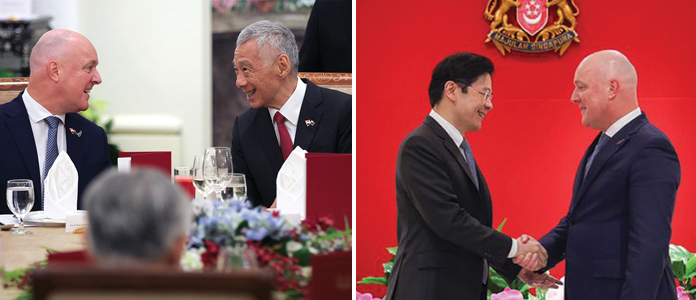


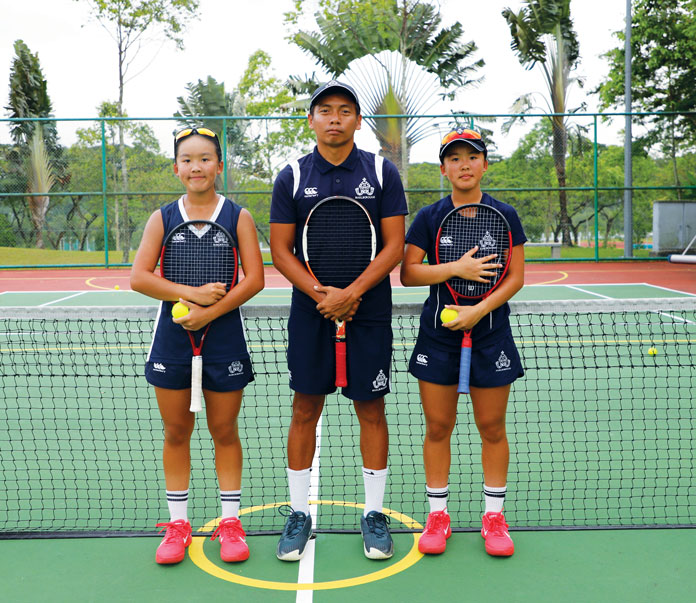
 Both girls, now in Year 8, have been training at the College since the age of four. Over the years, their natural talent on the tennis court has been carefully nurtured and they now both play for the Malaysian National Team. Their success is down to their dedication to the sport and to their expert coaches who not only have a wealth of experience but have also been tennis stars in their own right.
Both girls, now in Year 8, have been training at the College since the age of four. Over the years, their natural talent on the tennis court has been carefully nurtured and they now both play for the Malaysian National Team. Their success is down to their dedication to the sport and to their expert coaches who not only have a wealth of experience but have also been tennis stars in their own right.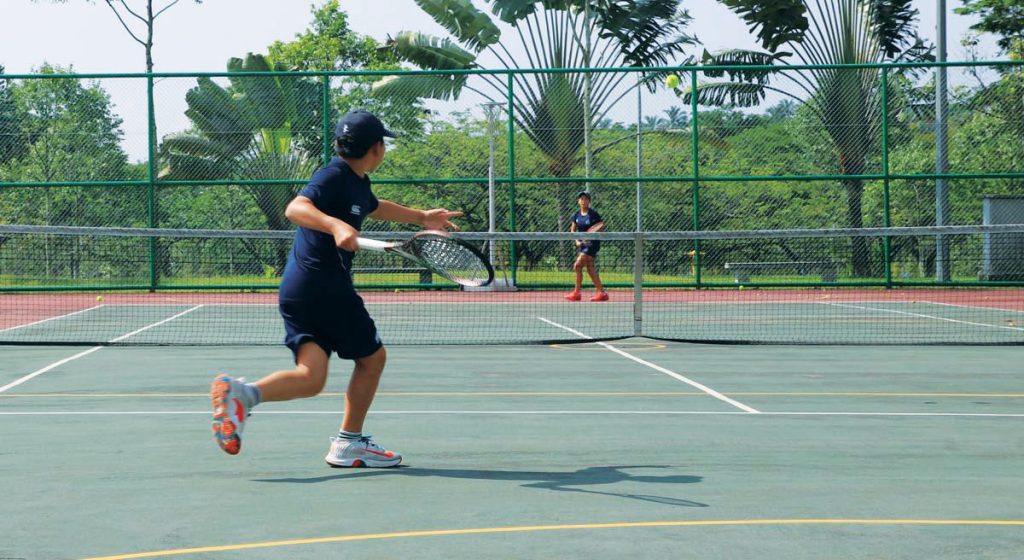
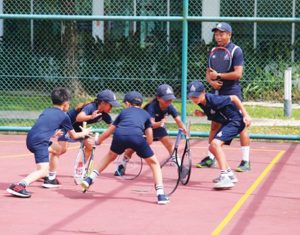


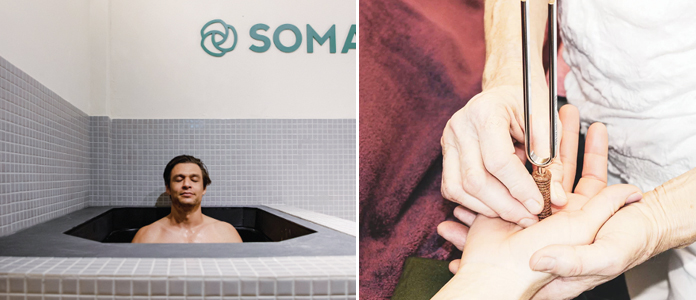

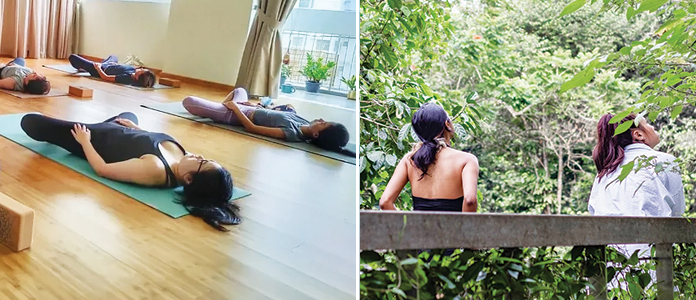




 Mark your calendars for Saturday, 7 September,
Mark your calendars for Saturday, 7 September, 













 Baby Boy Vol 36: Family Affair 3000
Baby Boy Vol 36: Family Affair 3000 Fashion For All
Fashion For All Pink Beach 2024
Pink Beach 2024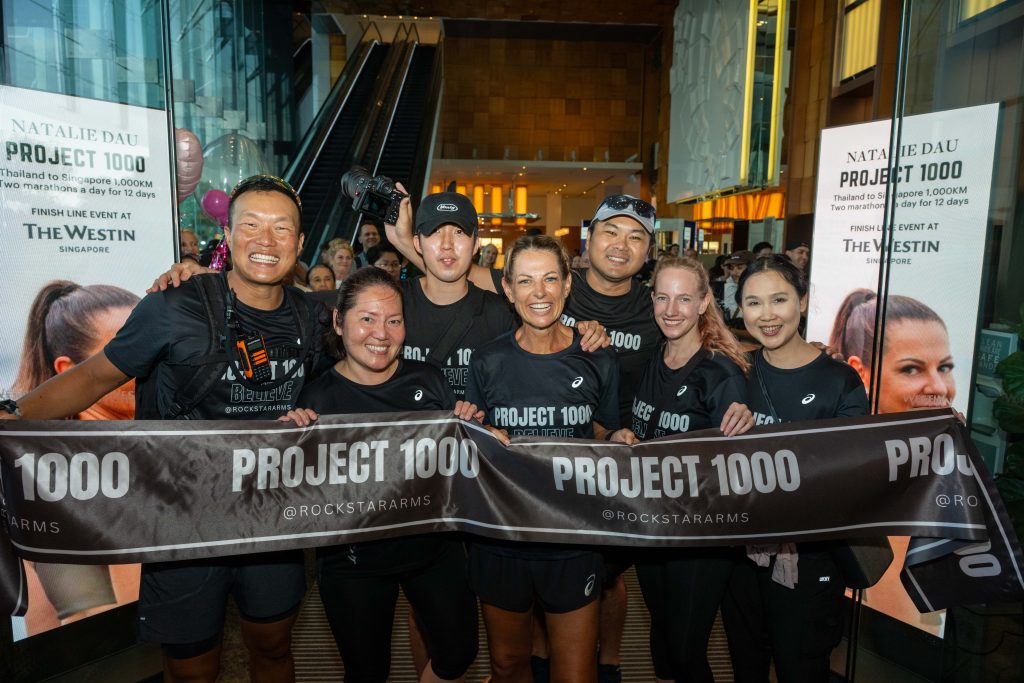
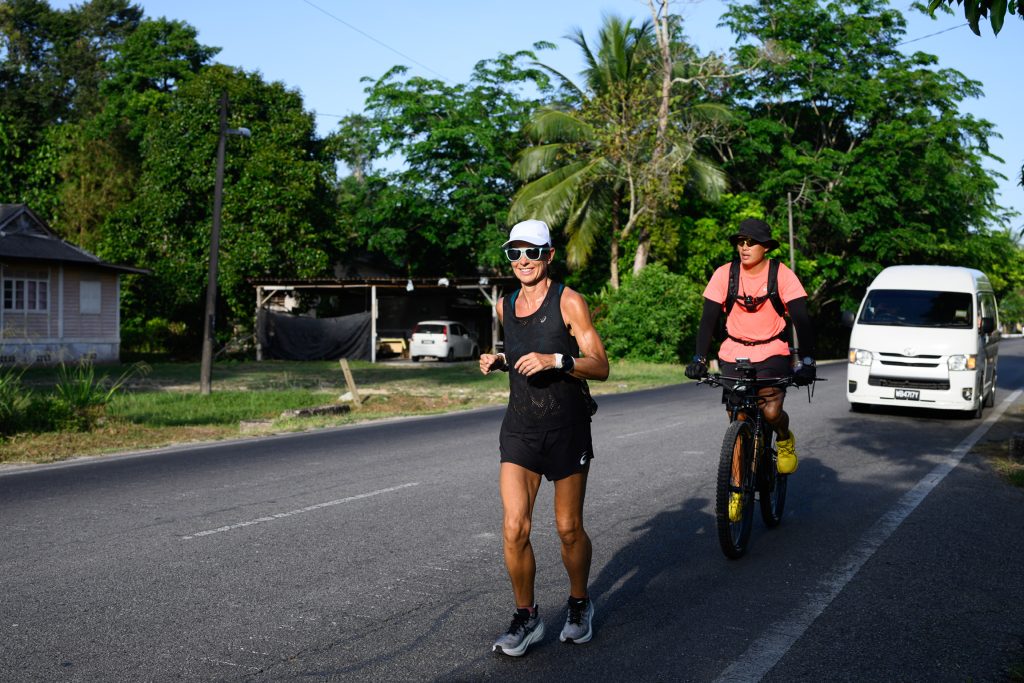
 9. How emotional was it for you when you entered Singapore and ran to the finish line?
9. How emotional was it for you when you entered Singapore and ran to the finish line?